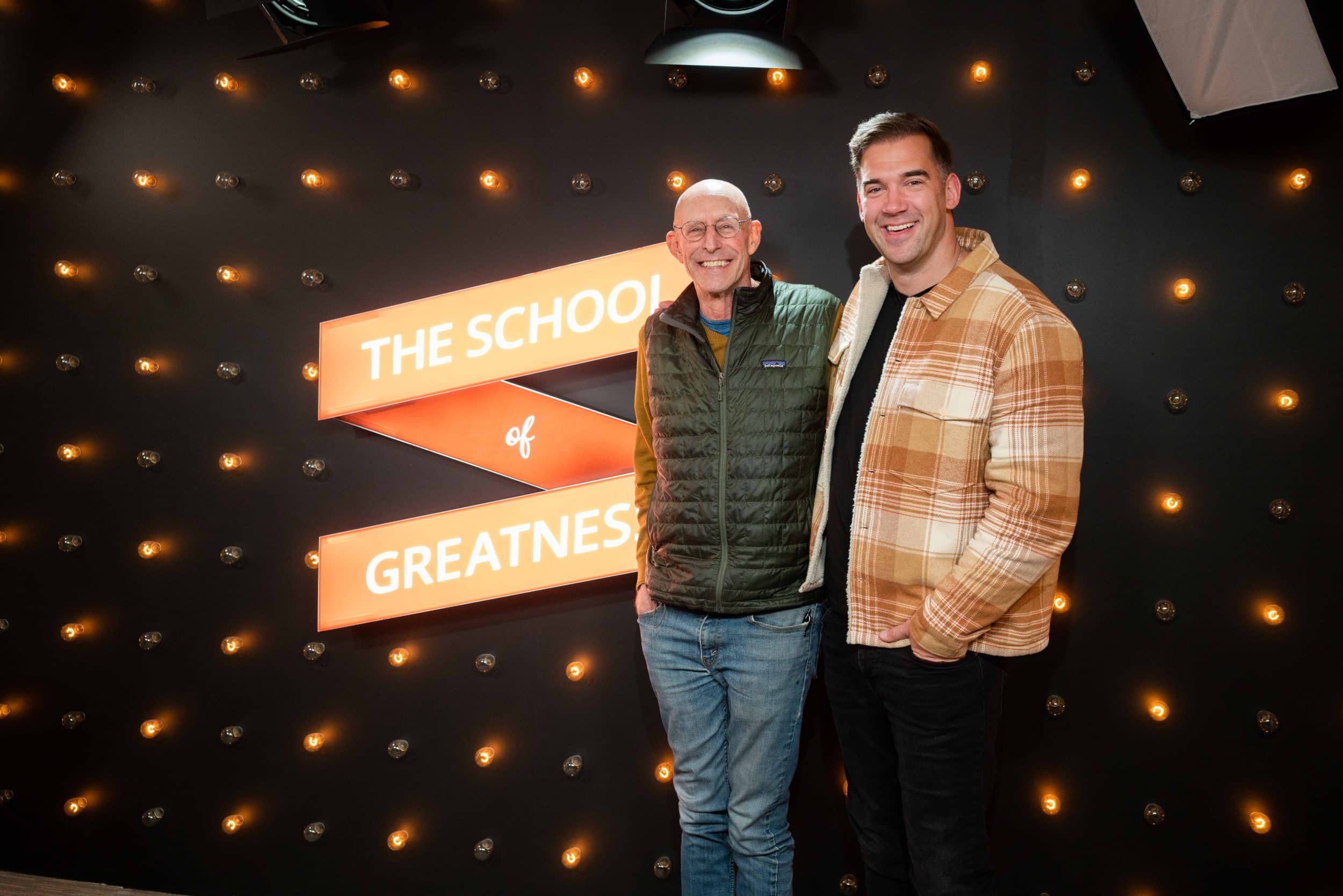Summary of Try These Cooking Hacks Today To Fix Your Diet & Nutrition To Live Longer w/ Michael Pollan EP 1424:
Michael Pollan is a bestselling author who has written books and articles about the intersection of the human and natural worlds for over 30 years. He has written nine books, seven of which are New York Times bestsellers. Pollan has taught at the University of California, Berkeley, and Harvard, and in 2020, he cofounded the UC Berkeley Center for the Science of Psychedelics. His latest project includes a four-part docuseries on Netflix called “How to Change Your Mind” that explores the history and uses of psychedelics. He also released a class on MasterClass about intentional eating, in which he helps people rethink their relationship with food and make choices that benefit their health and the planet.
*****
Michael Pollan: Writing and Teaching on the Intersection of Human and Natural Worlds
Michael Pollan has made a name for himself as a writer and teacher, exploring the places where the human and natural worlds intersect. With over 30 years of experience writing books and articles, he has become a foremost food, psychedelics, and environmental journalism expert. In this article, we’ll look at Pollan’s background, work, and impact on the world.
Background and Career
Pollan was born on February 6, 1955, in Long Island, New York, and grew up in Woodbury. He received his B.A. from Bennington College in 1977 and his M.A. in English from Columbia University in 1981. After working briefly for Harper’s Magazine, he began writing books in the late 1980s.
His books cover various topics, including food, agriculture, and the environment. He is the author of nine books, seven of which have been New York Times bestsellers. His most recent book, How to Change Your Mind, explores the history and uses of psychedelics, including LSD, psilocybin, MDMA, and mescaline.
In addition to his work as an author, Pollan has held several academic positions. He was appointed the Knight Professor of Journalism and director of the Knight Program in Science and Environmental Journalism at the University of California, Berkeley, in 2003. In 2017, he was appointed professor of the practice of nonfiction at Harvard and the university’s first Lewis K. Chan Lecturer in the Arts.
Psychedelic Research and Advocacy
Pollan has become a leading voice in psychedelic research and advocacy in recent years. In 2020, he cofounded the UC Berkeley Center for the Science of Psychedelics, which conducts groundbreaking research on the therapeutic potential of psychedelic substances.
Pollan has also been an outspoken advocate for using psychedelics in treating mental health conditions such as depression, anxiety, and PTSD. He argues that these substances have the potential to help people explore their minds and overcome psychological barriers, leading to greater happiness and fulfillment.
Teaching Intentional Eating
Pollan’s passion for food and environmental sustainability has also led him to teach a course on MasterClass entitled “Michael Pollan Teaches Cooking and Food.” In this course, he shares his insights on the benefits of eating locally-sourced and whole foods and the importance of understanding where our food comes from.
Pollan’s message is intentional eating, encouraging people to be mindful of their food choices and consider their impact on their health and the environment. By embracing these principles, he believes individuals can create a healthier and more sustainable food system for themselves and future generations.
Conclusion
Michael Pollan has spent decades exploring the intersection of the human and natural worlds, from food to psychedelics to environmental sustainability. Through his writing, teaching, and advocacy, he has become a leading voice in food and environmental journalism and psychedelic research and advocacy. His message of intentional eating has inspired countless individuals to make healthier and more sustainable food choices, and his work continues to influence and shape our understanding of the natural world.

Comments are closed